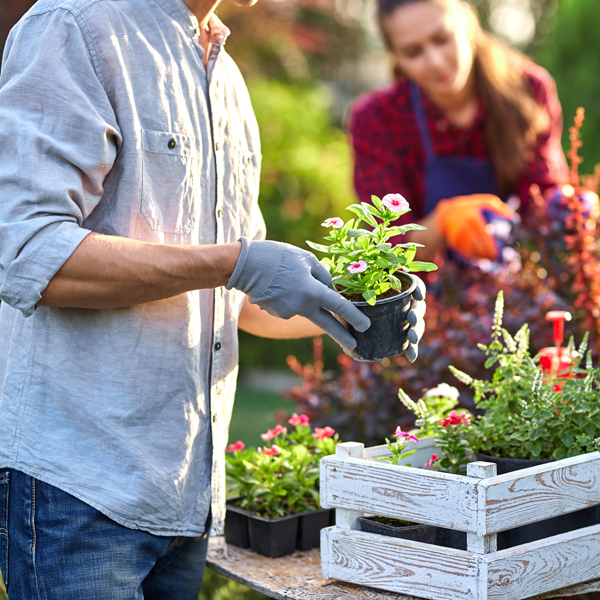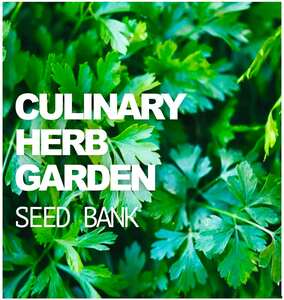The Most Effective Gardening Plants for Low-Maintenance and High Award
The Most Effective Gardening Plants for Low-Maintenance and High Award
Blog Article
Unlocking the Benefits of Gardening: A Comprehensive Appearance at the Various Kinds and Their Effect On Wellness
Discovering the complex advantages of gardening reveals a range of practices that substantially improve specific wellness. As we analyze these varied gardening methods, it comes to be obvious that their impact can reverberate on personal, social, and ecological levels, motivating a better look at how these links form a natural narrative of all natural health and wellness.
Sorts Of Gardening

Flower gardening, an additional prominent classification, emphasizes the visual charm of cultivated blooms. This kind can improve landscapes and promote biodiversity by bring in advantageous pollinators. Herb horticulture includes growing fragrant and cooking plants, contributing both to food preparation and natural remedies.
Container gardening deals adaptability, allowing individuals with minimal area to participate in horticulture by using pots and planters. This technique is particularly preferred in metropolitan setups. Elevated bed gardening, on the various other hand, includes developing elevated stories that enhance dirt drain and availability, making it less complicated for gardeners to handle their plants.
Finally, area gardening cultivates partnership amongst people in common areas, advertising social interaction and cumulative responsibility. Each kind of horticulture serves distinctive functions and provides to different preferences, making horticulture a versatile activity that can be customized to specific needs and atmospheres.
Mental Wellness Advantages
Engaging in different kinds of horticulture not only generates concrete incentives such as fresh produce and beautiful flowers yet also uses substantial mental health and wellness benefits. Research suggests that horticulture can be an effective device for decreasing anxiety, anxiousness, and depression. The act of having a tendency to plants and growing a yard cultivates a feeling of objective and accomplishment, which can enhance general psychological well-being.
Additionally, horticulture urges mindfulness, as it calls for people to concentrate on today minute, whether it be growing seeds or supporting development. This mindfulness technique can bring about reduced rumination and improved mood stability. The exposure to natural settings throughout horticulture has actually additionally been connected to boosted cognitive operating and decreased feelings of exhaustion.
Social communication plays a crucial role in mental health, and community horticulture campaigns supply opportunities for individuals to get in touch with others, cultivating a feeling of belonging. The shared experience of gardening can grow relationships and support networks, further reinforcing emotional strength.
Physical Health Perks
Many people might not realize that horticulture also supplies substantial physical health and wellness benefits. Taking part in horticulture activities needs a series of physical motions, consisting of bending, lifting, excavating, and growing, which collectively add to better toughness, flexibility, and endurance. These actions can enhance cardio health and wellness by advertising a raised heart rate, consequently decreasing the danger of heart More Info disease.
Additionally, gardening can serve as a moderate-intensity workout, assisting people achieve advised physical task degrees. Researches show that routine participation in gardening can shed substantial calories-- approximately 200-400 calories per hour, depending on the intensity of the tasks done. Such calorie expense is useful for weight this hyperlink monitoring and total metabolic health.
Additionally, direct exposure to sunshine throughout horticulture can promote the synthesis of vitamin D, which plays an important function in preserving bone wellness and sustaining immune feature. The act of gardening commonly includes functioning with soil, which has been linked to possible psychological and physical wellness advantages due to the existence of helpful bacteria.
Social Connections Via Horticulture
The common aspects of gardening foster meaningful social links among individuals. Area yards, particularly, work as vibrant centers where people from varied histories collaborated, growing not just plants but also relationships. These common spaces encourage collaboration, permitting individuals to exchange expertise, skills, and sources, consequently enhancing their horticulture experience and promoting a sense of belonging.
Involvement in gardening tasks commonly results in the formation of relationships and support networks. Individuals often unite for usual goals, such as growing seasons, harvest parties, or academic workshops, which strengthen social connections and produce a sense of neighborhood. Such interactions can ease feelings of seclusion and improve psychological well-being, as people locate companionship and friendship in shared ventures.

Environmental Influence of Horticulture
Gardening significantly contributes to ecological sustainability in multiple means. Home gardens provide crucial habitats for different varieties, including pollinators such as bees and butterflies, which are important for ecosystem wellness.

In addition, yards play a crucial duty in water preservation. Tactical landscapes, consisting of native plants and xeriscaping, lower water use and protect against drainage, consequently safeguarding local waterways from air pollution.
Final Thought

The varied types of horticulture-- including vegetable, blossom, natural herb, container, and elevated bed-- contribute to mental and physical health and wellness, foster social links, and advertise ecological sustainability. By involving in horticulture practices, individuals can experience enhanced high quality of life while likewise sustaining area bonds and eco-friendly health.
Report this page